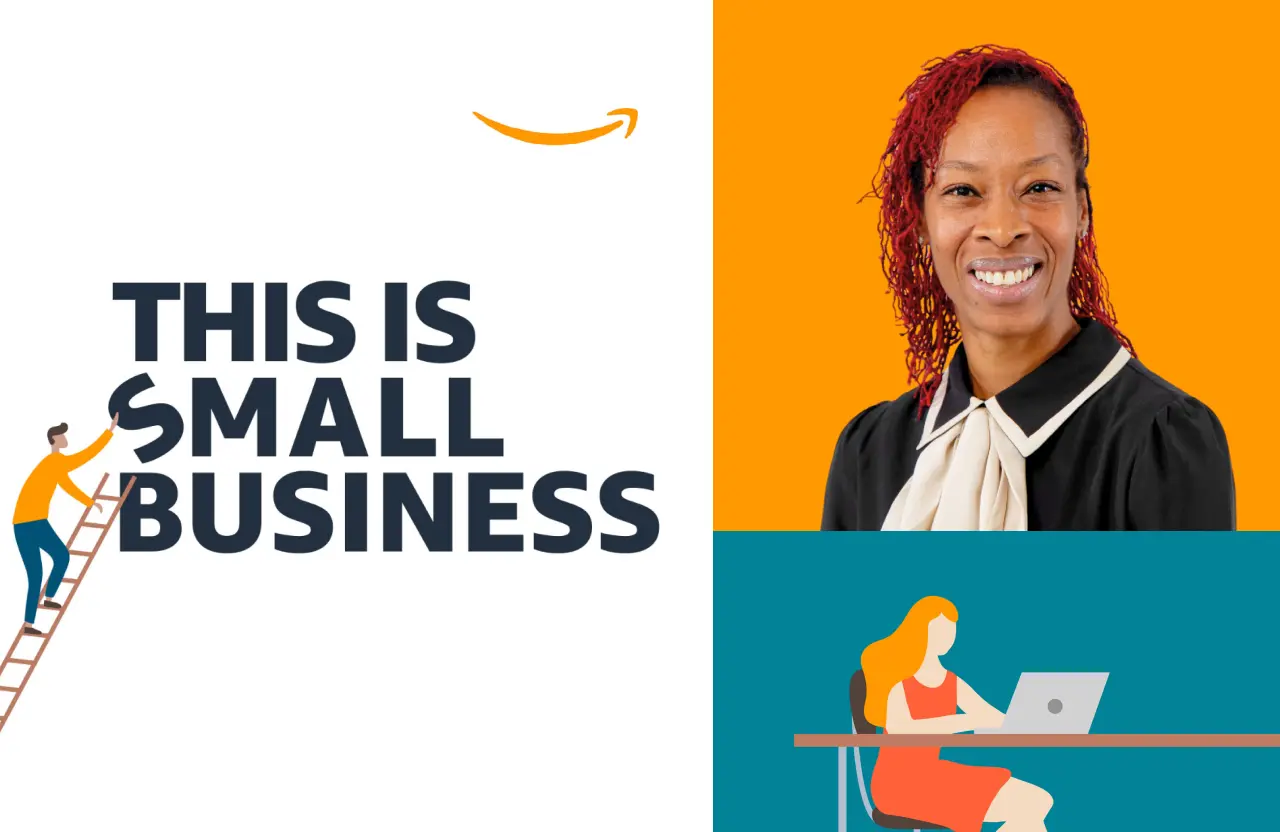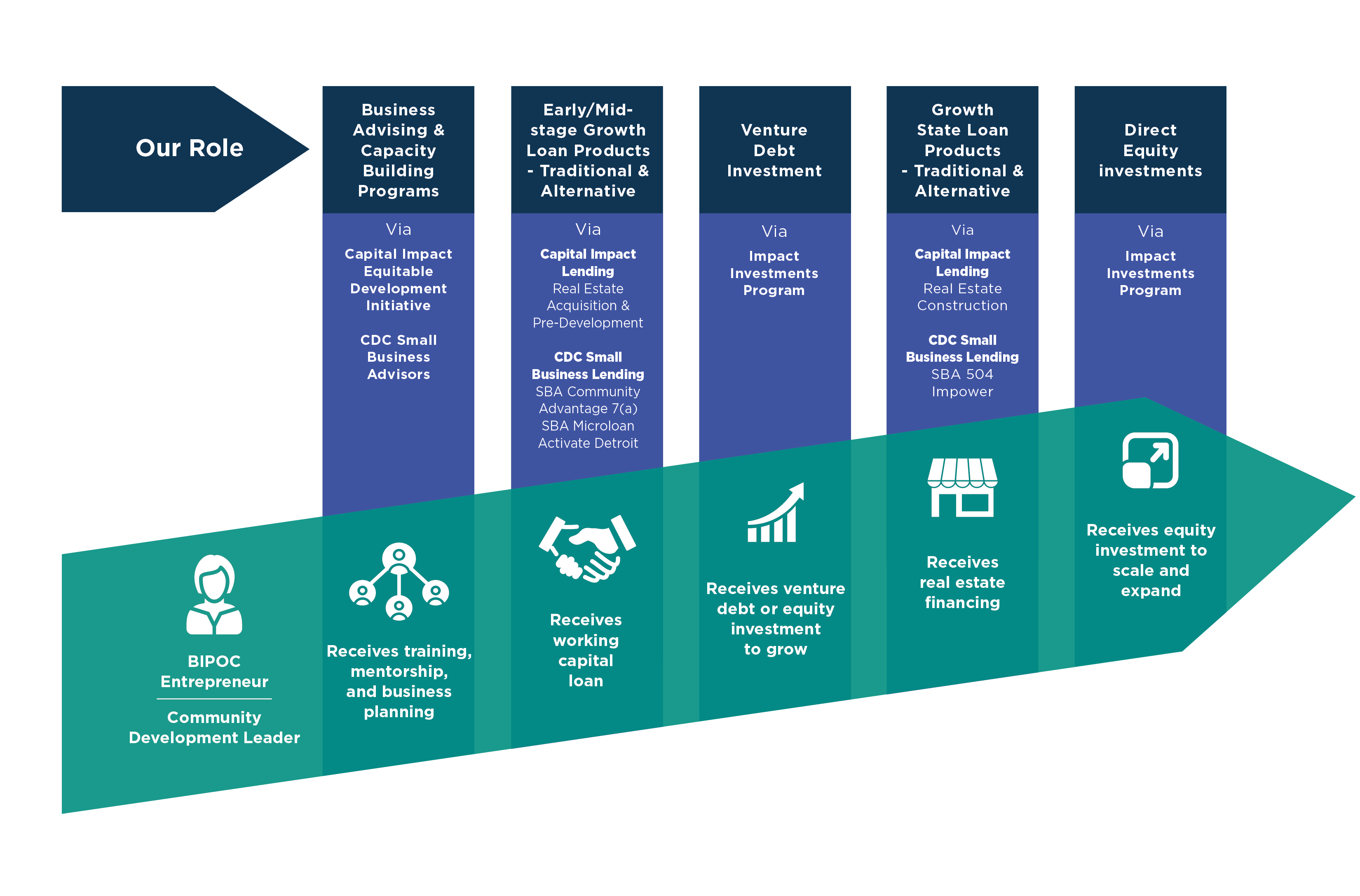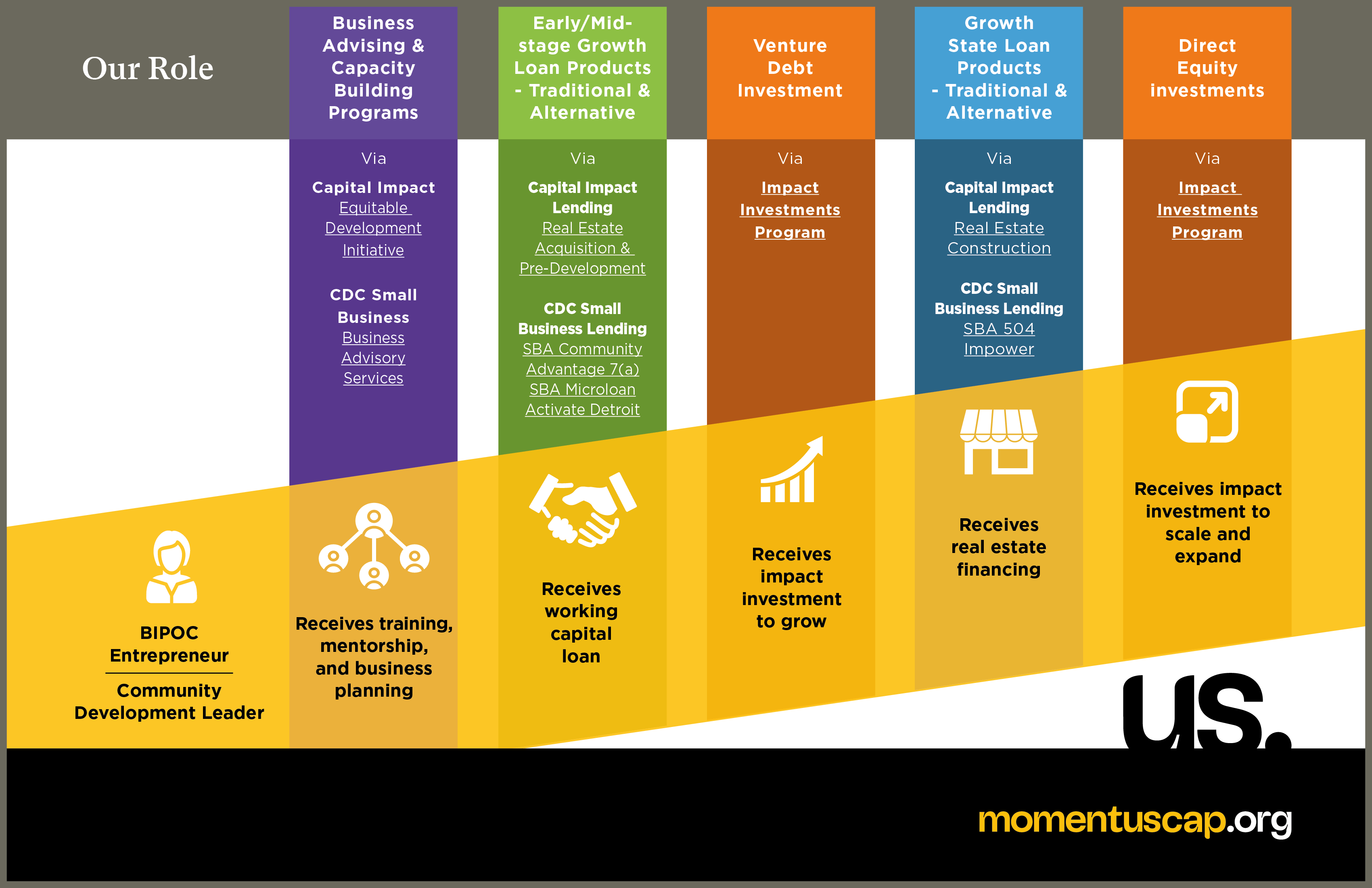
How to Choose the Right Bank Account for Your Business
This blog post on how to choose the right business bank account originally published on Venturize, a website powered by our partner Small Business Majority, a national organization that advocates for small business owners. Written by Julia Jamieson, this piece is the first in Venturize’s Finance 101 series.
As an entrepreneur, you now need to be a Chief Everything Officer, and that includes managing your business’s financials. Navigating small business finances can be overwhelming, but it’s important to understand all the factors that go into overseeing your business’s daily finances. A good place to start is a small business bank account.
New small business owners can often be tempted to use their personal bank account to run their business. But having separate accounts makes tax time easier as well as protects your personal assets if legal action is ever taken against your company.
Just like with your personal finances, there are both checking and savings accounts for businesses. Most small business owners start by opening a business checking account. The way you run your business greatly impacts how you should go about choosing a small business bank account. That includes things like what type of payments you need to be able to send and receive and whether your cash flow will allow you to meet minimum average monthly balance amounts.
Which checking account features do I need?

Features of a small business checking account to consider include:
- Minimum balance or deposits — Is there a minimum deposit to open the account? Can you meet the daily or monthly requirement of minimum account balance required by the bank?
- Transaction limits — Does the bank limit the number of transfers or withdrawals you can make in a month? Are there limits on the amounts you can deposit or withdrawal for free before incurring charges?
- Fees — If banks have limits on the transaction amounts, there may be cash-handling fees for your account. These can be as high as $0.30 for every additional $100 transacted, so it’s important to understand these fees before you open your account. Other potential fees include maintenance fees or fees for not satisfying the minimum balance requirement.
- Mobile or online features — Do you want to manage your business finances online or use mobile-check deposits? Do you need to be able to make wire transfers online? While most national banks have integrated mobile banking and check deposit, your local credit union or community bank may not have the same level of technology.
- Location — Do you want a bank you can visit in person, or can you use an online bank? This is particularly important if you think you might want to build a relationship with your bank for future purposes, like pursuing credit products or loans.
Related: Introducing CalSavers: A new way for small businesses to save for retirement
Small businesses with high volumes of cash transactions such as restaurants may want to find bank accounts with higher transaction limits. Other small businesses may care much more about the mobile features available that let them manage their finances on the go. Small businesses with low-transaction volumes and no technology needs may find that low-cost community bank options best fit their needs.
There are many great free business checking accounts out there. (Check out NerdWallet’s list of recommendations.) In addition to the transaction limits, you typically won’t earn any interest or have access to any other rewards programs such as cashback. Additionally, it may be worth considering if a bank will waive fees on a checking account if you use their other financial products such as a business credit card.
What to consider with a business savings account
 Once you’ve opened a business checking account, you may eventually also need a business savings account. If your business is fortunate enough to have excess capital, you’ll want to make sure those funds are doing the most possible for your business. Some of the considerations for the best business savings account are the same as a checking, including transaction and deposit limits.
Once you’ve opened a business checking account, you may eventually also need a business savings account. If your business is fortunate enough to have excess capital, you’ll want to make sure those funds are doing the most possible for your business. Some of the considerations for the best business savings account are the same as a checking, including transaction and deposit limits.
A saving account’s interest rate — the amount of return you get for keeping your funds in the account — will factor much more heavily into your decision. Online or community banks are increasingly offering competitive savings account interest rates of above 1 percent. But these institutions rarely have many physical locations for you to use.
And if you don’t need to access these funds often, you might want to consider other products like certificates of deposits, or CDs, which offer even higher interest rates. Once you’ve done your research, consult with a financial advisor to ensure you make the best decision for your business.
Once your money is safely stored in a business checking or savings account, you’ll want to take steps to establish your small business credit history.
For more on helpful articles on small business, visit Venturize’s website.
CDC Small Business Finance is a champion of all entrepreneurs in any stage, particularly women, veterans and minorities. We offer several loan options for business owners who want to grow their operations and are planning for their long-term needs.
Tell our loan experts about your business, and they’ll work to match you with a financing plan that best suits you. Let’s talk! Reach us at loaninfo@cdcloans.com or (619) 243-8667.
In case you missed it:









